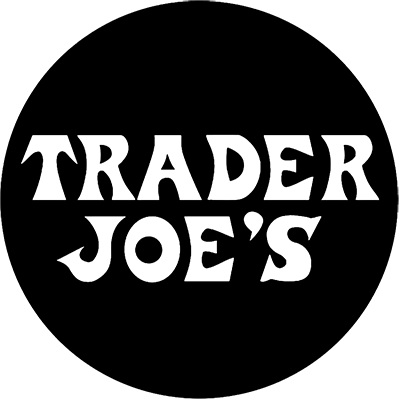Tags
#Giveaways
Always have something to give away
Whether they are at a doctor's office or on a plane, Chick-fil-A associates are encouraged to carry plush Cows and Be Our Guest free sandwich cards with them wherever they go. They then readily hand them out to anyone who seems like they could use a pick-me-up or anyone who can tell them what the Cows say. These small acts of generosity strengthen the brand because they:
- Help associate the brand with being fun and generous.
- Generate testimonials in public areas for anyone in earshot to hear.
- Create a one-on-one brand building opportunity.
- Provide people with something that they can take home which will continually remind them of the brand.
Make waiting fun
Whether waiting to board a flight or waiting to land, Southwest employees are empowered to find any creative way to make flying fun. Besides their well-known singing safety announcements, Southwest employees:
- Give $25 gift cards to anyone with a hole in their sock or a humiliating driver's license picture.
- Hold snack races to help determine which snack will be given out on the plane.
- Hold paper airplane throwing competitions and scavenger hunts in waiting areas.
- Build LUV Carts, made out of anything with wheels, to hand out snacks and Southwest swag while also giving customers a chance to win toys for kids or donuts for early-morning travelers with a wheel of fortune.
- Demonstrate the power of the airplane's lavatory technology by unraveling a roll of toilet paper down the aisle and flushing it to see how fast it gets sucked down.
Give generously but be strategic about it
When it comes to non-profit giving, the Trader Joe's philosophy is to give generously but to always:
- Reach your core audience: As a grocer for the overeducated and underpaid, Trader Joe's limits their non-profit giving to events that only those people would attend. This includes pledge drives, museum and art gallery openings, hospital benefits, college alumni gatherings, and chamber orchestra benefits.
- Promote your brand effectively: Never give cash and never buy space in a program. To Trader Joe's, these are a "waste of money" with little to no return. Instead, they focus on donating branded products that add to the experience of an event.
- Be cost efficient: While champagne is always highly requested at events, Trader Joe's never donates it because the "federal excise tax on sparkling wine is way too much." Instead, they stick to donating more cost efficient products, like wine.
Prioritize random acts of kindness
Every Umpqua store has a designated account funded each quarter for associates to spend money delivering "extraordinary customer experiences that inspire buzz and word-of-mouth." These random acts of kindness have included offering customers a coupon for a free local dinner, sending them flowers or cookies, or depositing a cash bonus into their accounts.
Associates are given gift catalogs to use, names of florists and bakeries, and examples of what others have done to wow customers. They also do not need to ask permission or fill out any form to spend the money.
However, the money wasn't being spent when former CEO Ray Davis first implemented this program. It wasn't until Ray continuously checked in with managers that mindsets began to change. These check-ins ensured that managers made these acts of kindness a priority. Ray Davis writes, "We wanted [the money] used as directed. If not, we'd take [that store] out of the program and, if necessary, find new managers who would follow directions."



